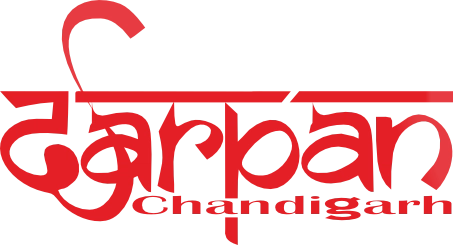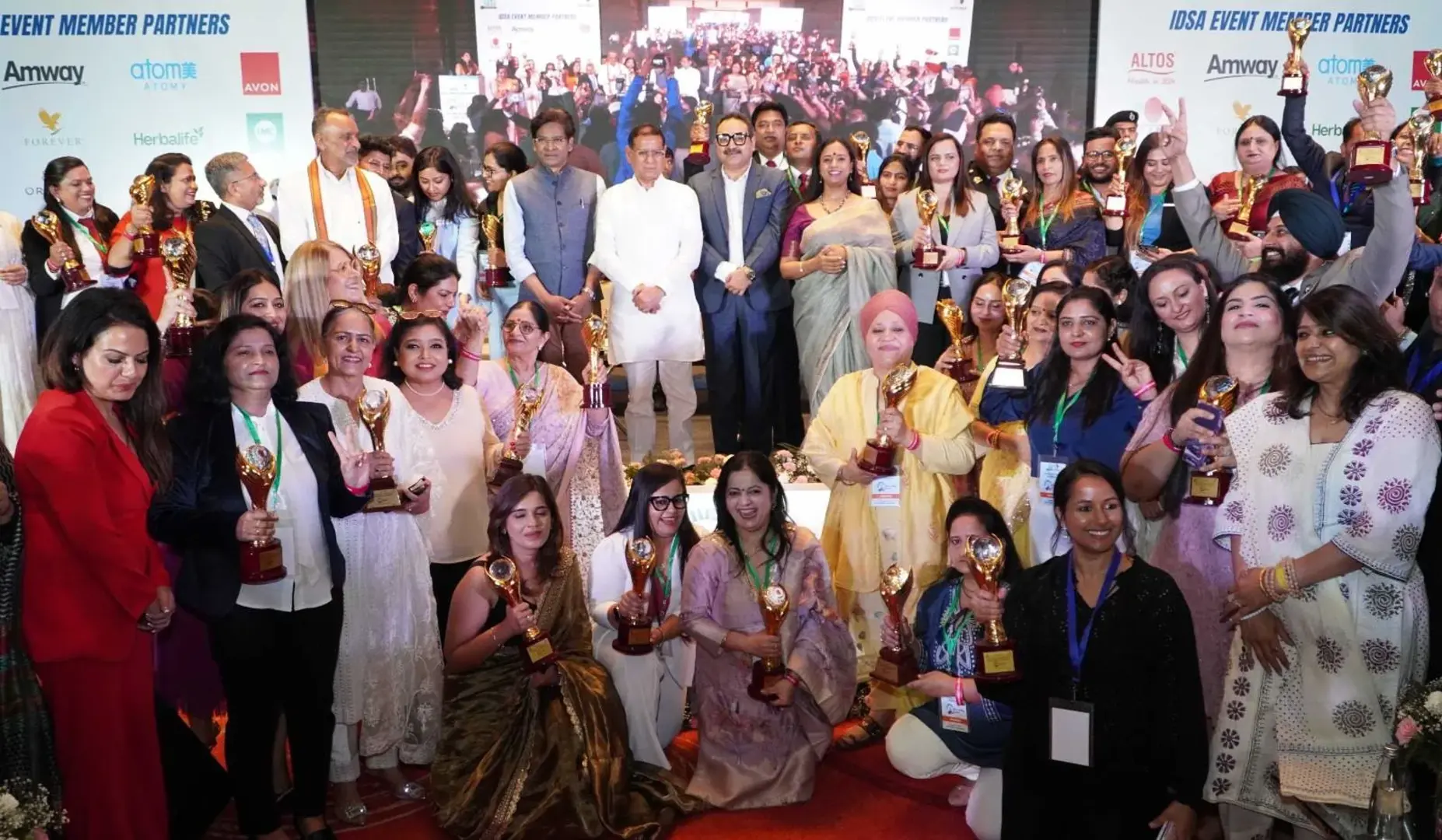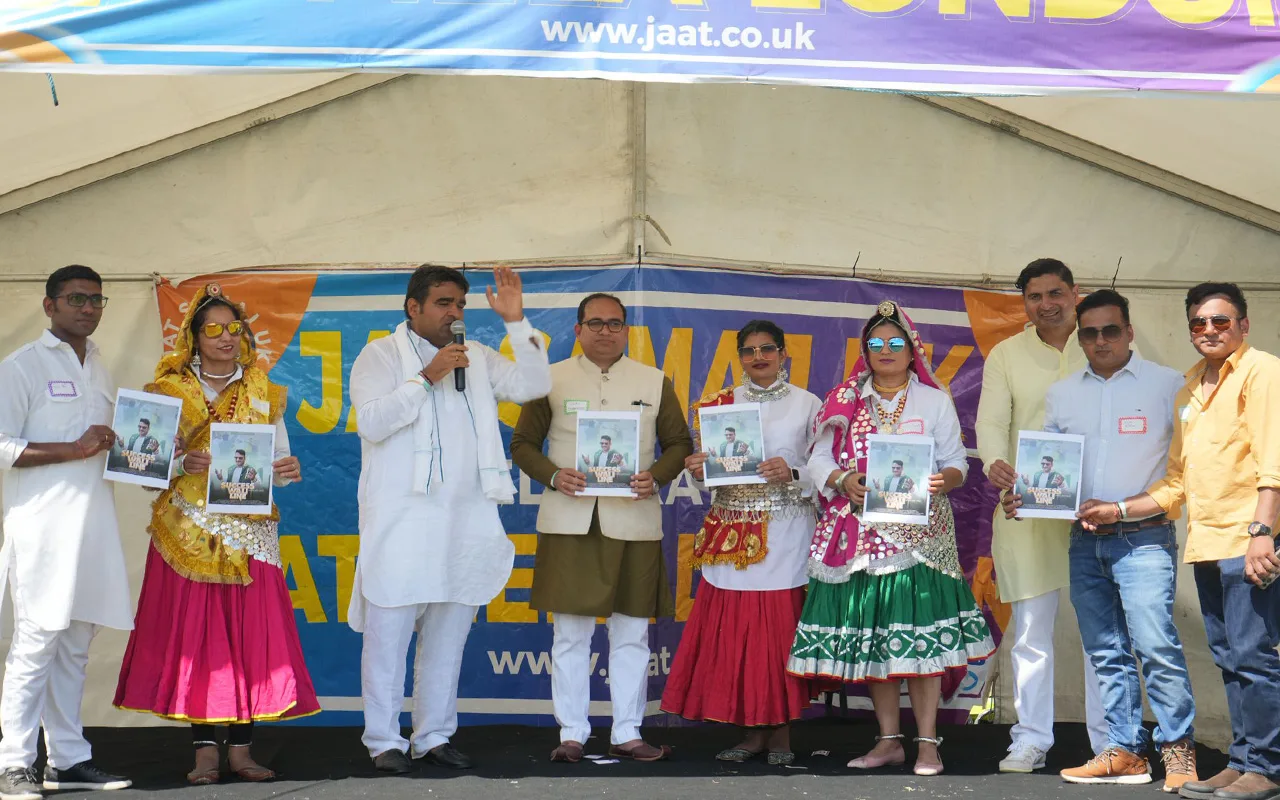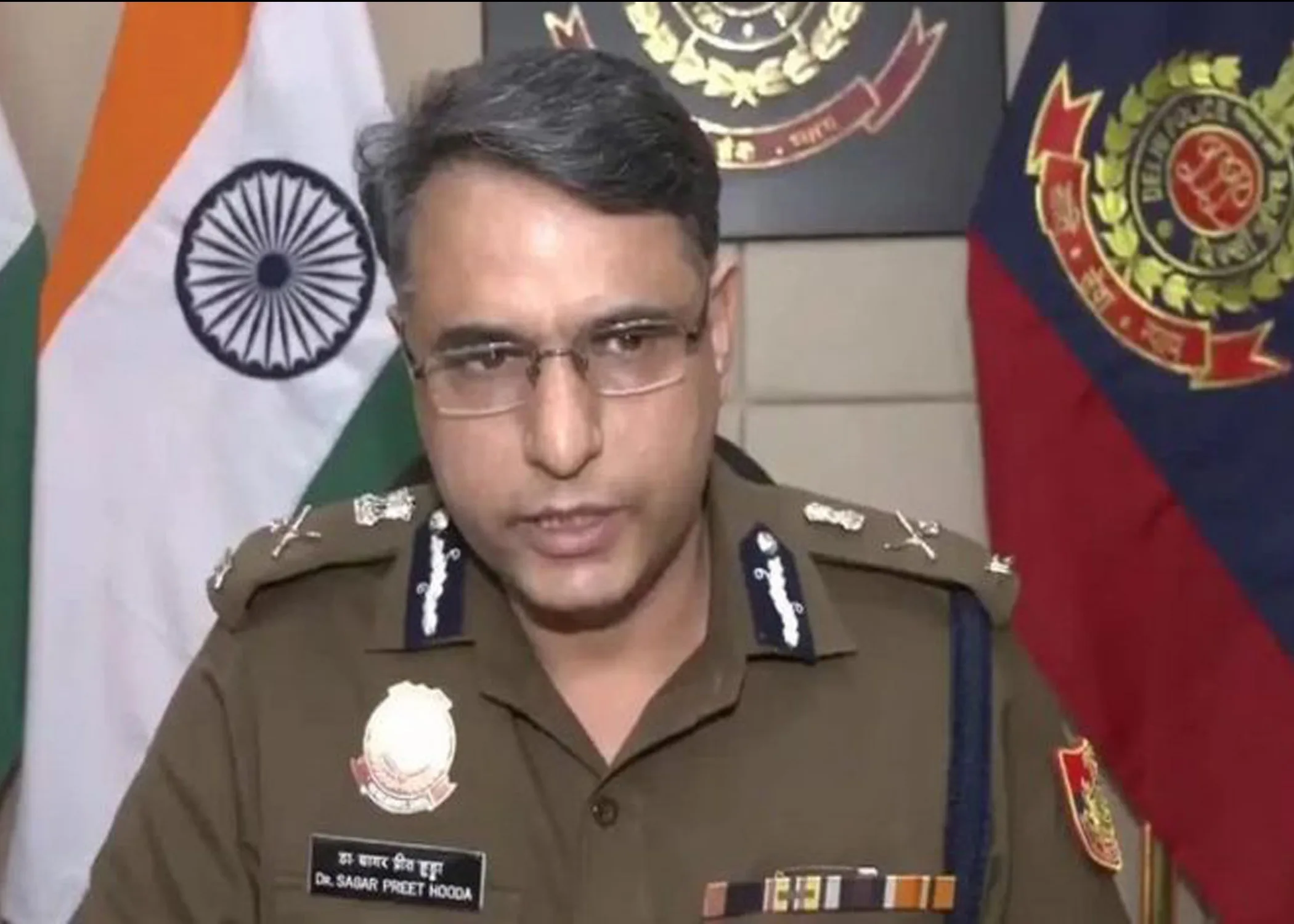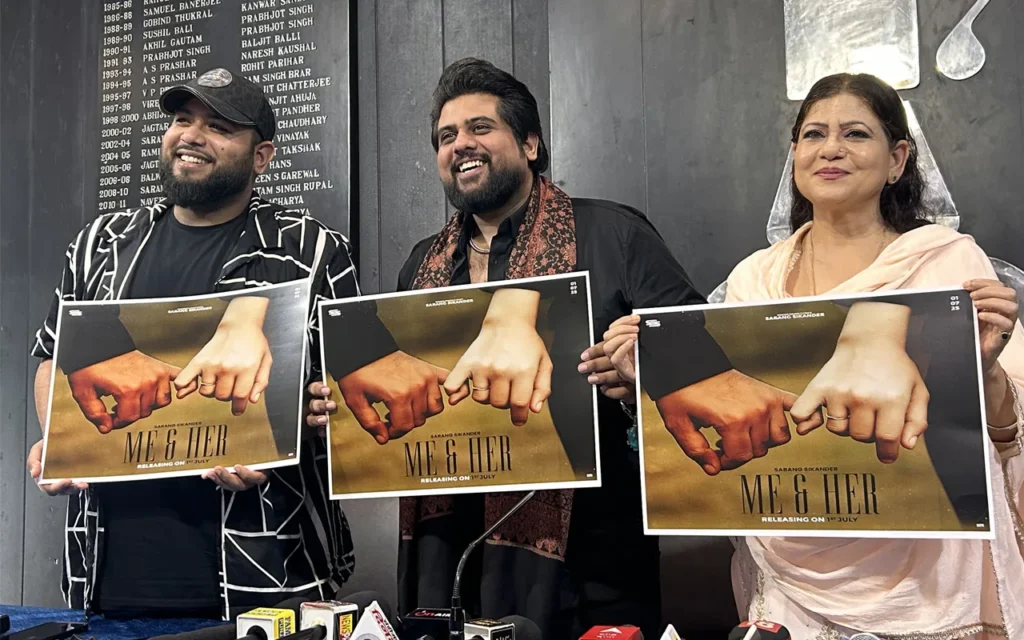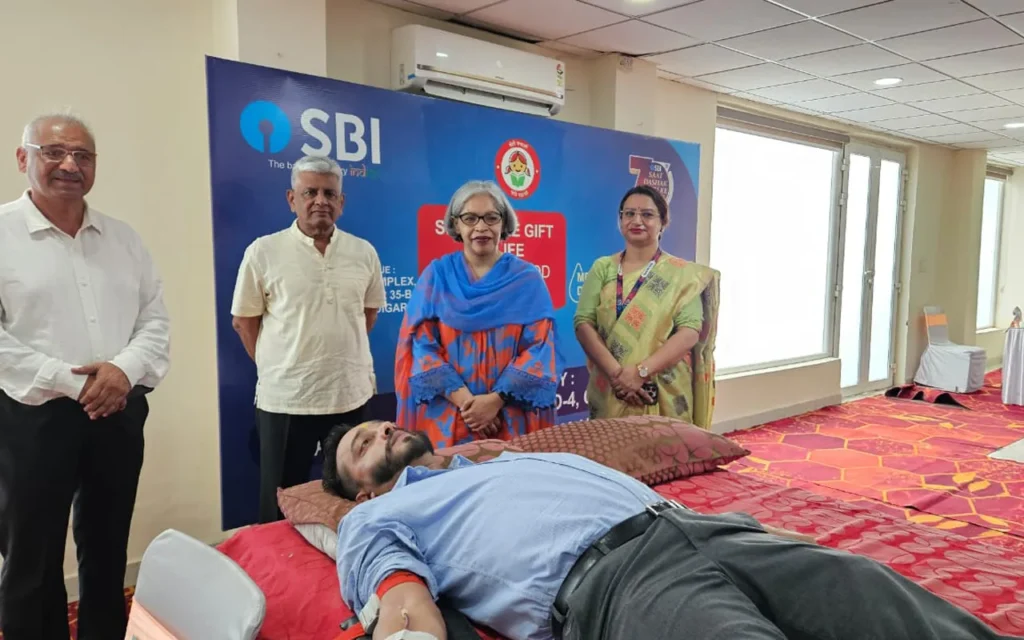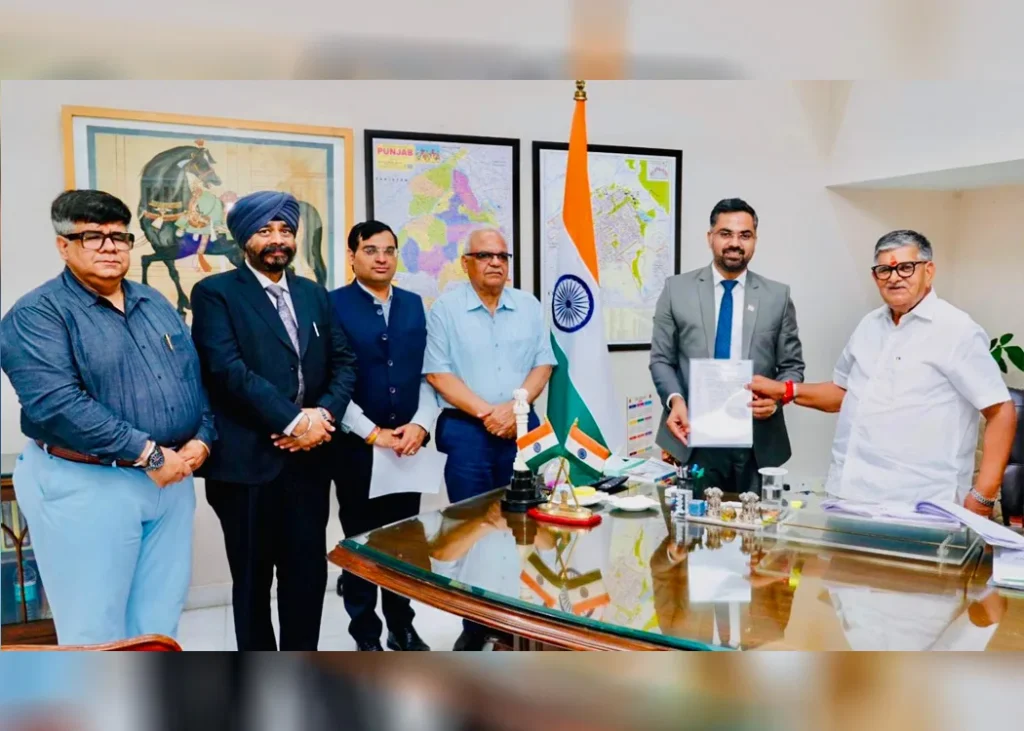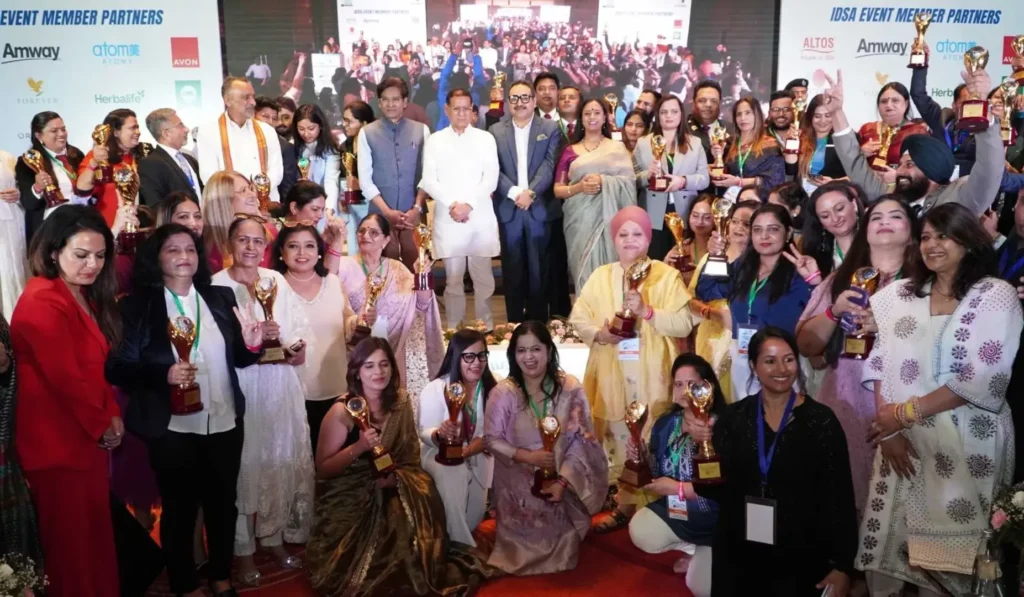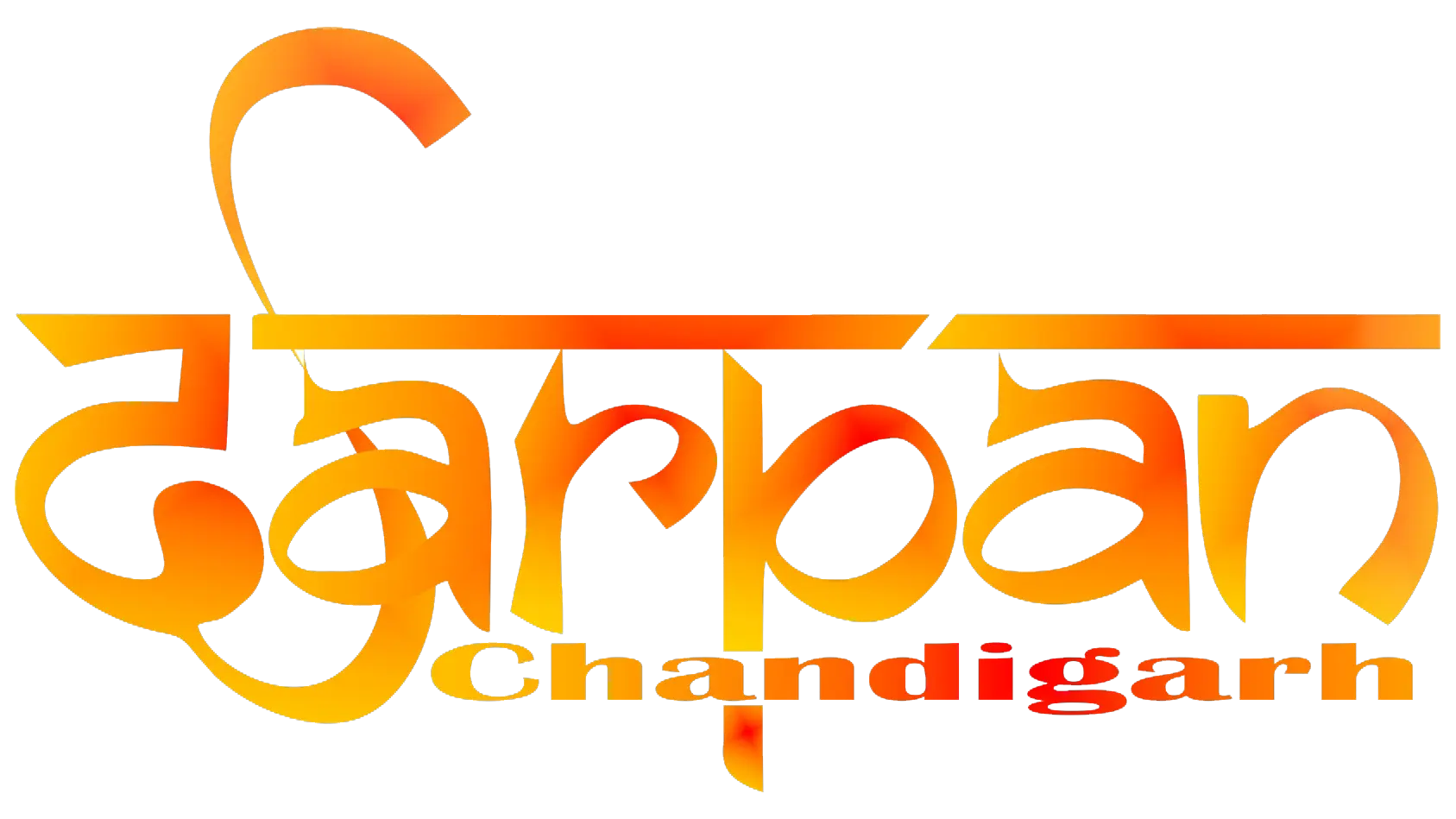FDA-approved Deep Transcranial Magnetic Stimulation therapy offers non-invasive treatment for depression, OCD, PTSD, and more in Tricity region.
Mohali |
In a significant development for mental health care in the Tricity region, Fortis Hospital Mohali has introduced Deep Transcranial Magnetic Stimulation (dTMS) – a cutting-edge, non-invasive, and FDA-approved brain stimulation therapy. Designed to support patients who have not responded to conventional medication or psychotherapy, dTMS is already showing remarkable clinical results.
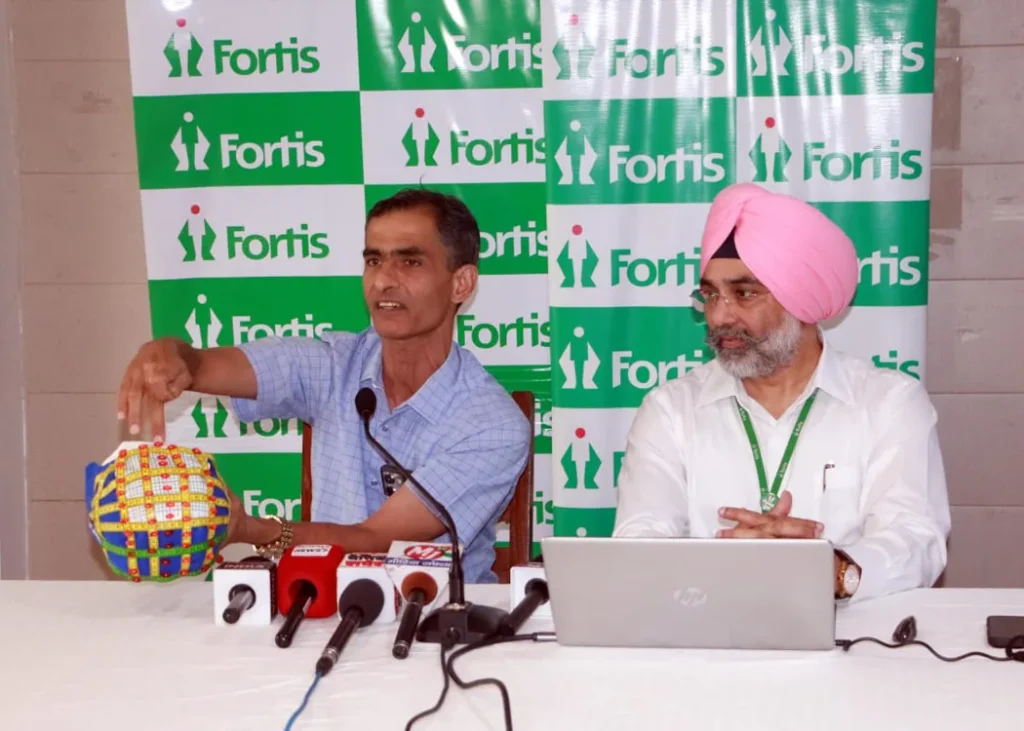
Since its introduction four months ago, Fortis Mohali has treated 15 patients with Obsessive-Compulsive Disorder (OCD) using dTMS, marking a breakthrough in advanced psychiatric treatment. Unlike traditional Repetitive Transcranial Magnetic Stimulation (rTMS), dTMS penetrates deeper into the brain, stimulating areas previously unreachable, and offering hope for treatment-resistant conditions.
Speaking at a press conference, Dr. Hardeep Singh, Additional Director – Psychiatry at Fortis Mohali, shared an inspiring case study of a 40-year-old woman suffering from severe OCD for over 16 years. Plagued by intense fears of contamination and caught in compulsive cleaning rituals, her life was severely restricted despite years of treatment from top medical institutions.
“Within just six weeks of dTMS treatment, her Yale-Brown Obsessive-Compulsive Scale (Y-BOCS) score dropped from 32 to 13, moving from extreme to mild OCD,” said Dr. Singh. “She regained control over her life, greatly reduced her compulsions, and reclaimed her independence. This therapy is transforming lives.”
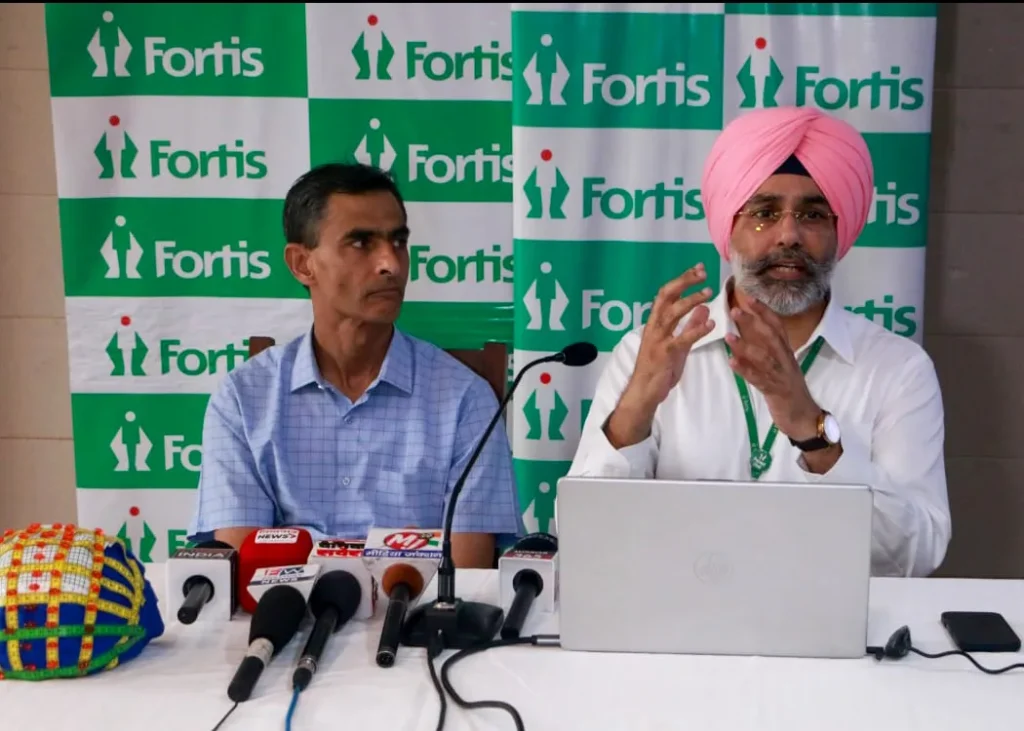
dTMS delivers magnetic pulses to specific brain regions associated with mental health and neurological disorders. It has demonstrated high efficacy in treating OCD, depression, PTSD, anxiety, migraines, chronic pain, and nicotine addiction, with ongoing research into its use for Parkinson’s disease, Tourette’s syndrome, and autism.
Patients undergo 20 to 30 outpatient sessions over 4 to 6 weeks, with each session being completely non-invasive, painless, and requiring no anesthesia. Patients remain awake and interactive throughout the process.
Adding to its diverse applications, Dr. Nishit Sawal, Senior Consultant – Neurology, highlighted its role in post-stroke recovery, particularly for aphasia, a language disorder caused by brain damage due to stroke or injury.
“dTMS supports neuro-rehabilitation by targeting affected areas, aiding communication recovery and cognitive function in post-stroke patients,” he said.
With the launch of dTMS, Fortis Hospital Mohali reinforces its commitment to innovation in mental health care, bridging the gap between traditional treatments and modern technology to provide hope and healing for complex psychiatric and neurological conditions.
